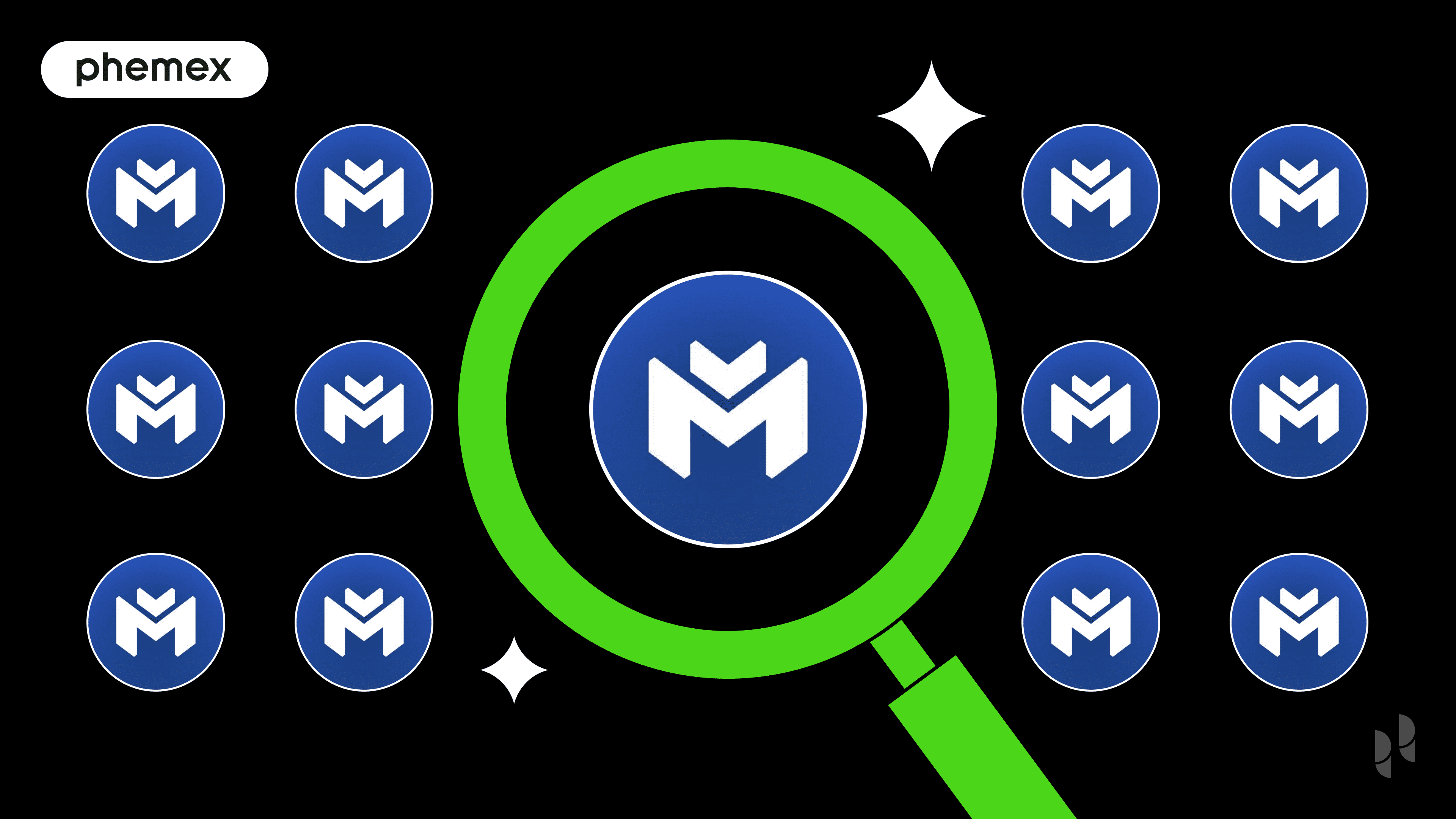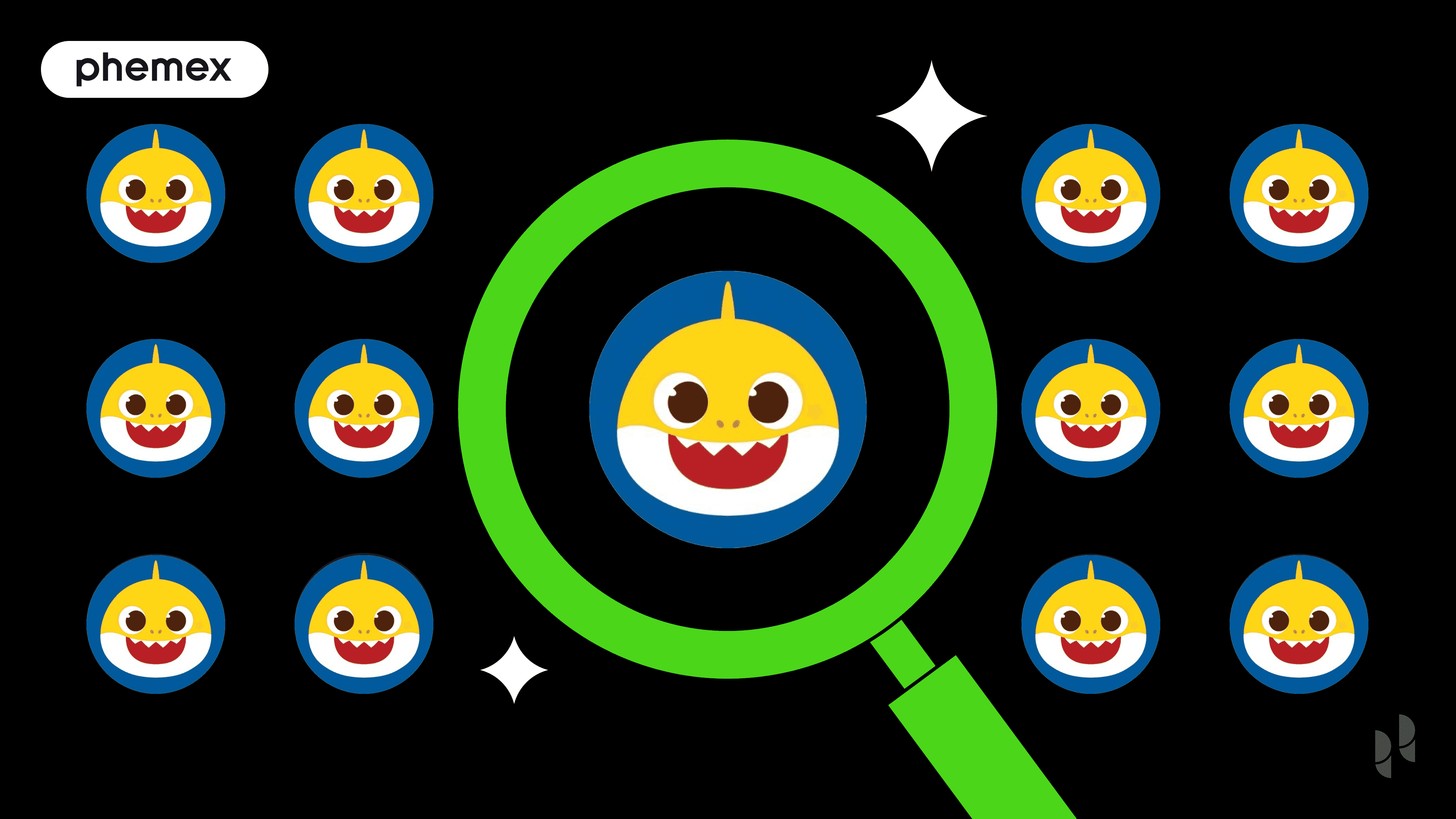What is Gamefi?
GameFi, short for 'game finance,' is revolutionizing the online gaming world by merging it with decentralized finance (DeFi). This innovative concept introduces 'play-to-earn' (P2E), where players earn digital assets and rare in-game items. Projected to grow into a staggering $38 billion industry by 2028, GameFi holds potential to exceed $100 billion, significantly impacting DeFi, NFTs, the metaverse, and more.
In traditional video games, players could earn rewards, but these items often held little value outside the game's virtual realm and were tightly controlled by centralized game publishers. GameFi, powered by blockchain technology and non-fungible tokens (NFTs), shifts this dynamic, granting players true ownership of their in-game assets. This shift also enables players to be compensated for their gaming time with crypto tokens.
Originally coined by Yearn Finance Founder Andre Cronje, 'GameFi' initially referred to gamified DeFi protocols. It has since expanded to encompass the financial aspect of blockchain games, linking them to real-world economies.
Game items and currencies have always had potential value, as seen with rare CS:GO skins valued at thousands of dollars and the existence of gray markets for trading in-game items and currencies. GameFi creates a legitimate platform for these transactions. Players, having invested time, money, and effort into the game, become sellers of valuable digital goods. Meanwhile, buyers, motivated by factors like scarcity and social status, willingly trade real money for these virtual items.
GameFi represents a significant shift in the gaming industry, blending entertainment with real economic value. As players earn and trade within these blockchain-based games, GameFi is set to be a major player in the future of both the gaming and Bitcoin industries, offering a unique fusion of gaming enjoyment and financial opportunity.
How Does GameFi Work?
GameFi, a burgeoning sector in the Bitcoin and cryptocurrency markets, is characterized by several core components, regardless of the specific project. These elements combine to define the unique GameFi experience.
Blockchain Technology: At the heart of GameFi is blockchain technology, which not only powers the games but also the in-game tokens. This technology ensures transparency and security in the gaming environment.
Smart Contracts: Integral to decentralizing the gaming experience, smart contracts in GameFi autonomously execute actions based on predefined conditions. Their flexibility and programmability are pivotal in crafting unique gaming experiences, making them indispensable in GameFi development.
Decentralized Finance (DeFi): DeFi plays a crucial role in GameFi, providing the financial infrastructure that underpins the in-game economies.
Non-Fungible Tokens (NFTs): NFTs add a layer of uniqueness and ownership to in-game assets, allowing players to own, trade, and invest in digital assets within the GameFi ecosystem.
Play-to-Earn Mechanisms: These mechanisms are the driving force behind GameFi’s popularity, rewarding players with tangible assets for their gaming achievements.
GameFi platforms leverage multiple smart contracts, each designed for specific functions within the game. For instance, one contract might handle the creation and distribution of in-game assets, another manages player rewards and incentives, while a third oversees asset trading and the in-game economy.
Each of these components plays a critical role in shaping the GameFi landscape, creating a rich, interactive, and financially rewarding gaming experience. As GameFi continues to evolve, it stands as a significant sector within the Bitcoin and cryptocurrency industries, offering a compelling blend of gaming entertainment and financial opportunity.
Why GameFi?
GameFi, a dynamic fusion of gaming and finance in the Bitcoin and cryptocurrency realm, offers compelling reasons for its growing appeal among players.
Sovereign Asset Ownership: A standout feature of GameFi is the genuine ownership of digital assets it provides. Blockchain technology empowers players with indisputable ownership of in-game assets, securely stored in their blockchain wallets. This shift from publisher-granted ownership to player-centric ownership redefines player engagement, valuing their time and effort in a fundamentally new way.
Open Market Dynamics: In blockchain games, in-game items and currencies aren't just rewards; they're potential economic assets. Players can buy, sell, and trade these on open blockchain marketplaces, opening avenues for real monetary gain. While there's no guaranteed profit, the integration with broader economies offers exciting possibilities for players, reshaping game rewards into potential financial opportunities.
Gaming Incentives: Consider two identical games, one with GameFi functionality and the other without. The GameFi option is inherently more appealing because it offers all the traditional gaming benefits plus the added value of blockchain integration. This added incentive enriches the gaming experience without overshadowing the core aspects of fun, skill, and social interaction that make games engaging.
In essence, GameFi introduces a new paradigm in blockchain gaming, offering players not just entertainment but also a stake in the game's economy. It's a compelling proposition that makes GameFi-enhanced games more attractive than their non-GameFi counterparts in the ever-evolving world of Bitcoin and cryptocurrency.
Pros and Cons of GameFi
GameFi, an innovative blend of gaming and finance within the Bitcoin and cryptocurrency space, presents a mix of benefits and challenges.
Advantages of GameFi:
Play-to-Earn Model: GameFi introduces a play-to-earn (P2E) model, diverging from traditional pay-to-play video game structures. This model not only offers earning opportunities through blockchain gaming but also drives greater industry involvement and adoption.
NFT-Driven Asset Ownership: Non-Fungible Tokens (NFTs) in GameFi ensure virtual asset ownership free from centralized control. For many players unfamiliar with in-game item benefits, NFTs offer a route to monetize and collect valuable, rare digital assets.
Global Accessibility: Unlike some traditional games restricted in certain regions, GameFi transcends geographical barriers, inviting global user engagement. This inclusivity fosters financial inclusion and broadens tech industry knowledge.
Challenges of GameFi
User-Friendly Design Need: For those less versed in virtual gaming, navigating blockchain games can be daunting, highlighting the need for more user-friendly game designs.
Market Volatility: GameFi tokens and NFTs are susceptible to market fluctuations, posing the risk of financial loss during volatile periods.
Regulatory Uncertainty: The GameFi sector currently operates with limited regulatory frameworks, presenting risks in trading and earning GameFi tokens.
Security Concerns: The rise in crypto scams, rug pulls, and hacks exposes users to potential fraudulent activities, raising investment security concerns.
ESG Risks: Environmental, Social, and Governance (ESG) risks, especially regarding the environmental impact and energy consumption of blockchain networks, are key concerns in the GameFi space.
Despite these challenges, GameFi's popularity continues to surge, attracting gamers, developers, and investors. As the market evolves, there's a growing need for regulatory clarity, particularly around the intersection of GameFi and gambling, to ensure compliance with local laws and promote a safe gaming ecosystem. The dynamic growth of GameFi in the Bitcoin and cryptocurrency industries is shaping a new frontier where gaming meets finance.
Read More
- What is GameFi: The Start of Virtual Reality Through Cryptocurrency?
- What Are Blockchain Games & How do they Work?
- Analysis: The Future of Blockchain Games: Will Gaming Decentralize?
- The Future of Blockchain Gaming
- https://phemex.com/academy/defi
- Top 7 Best Play-To-Earn Crypto NFT Games 2022
- What Is DeFi: How To Be Your Own Bank With $100
- What is Cryptocurrency & How does it Work?







